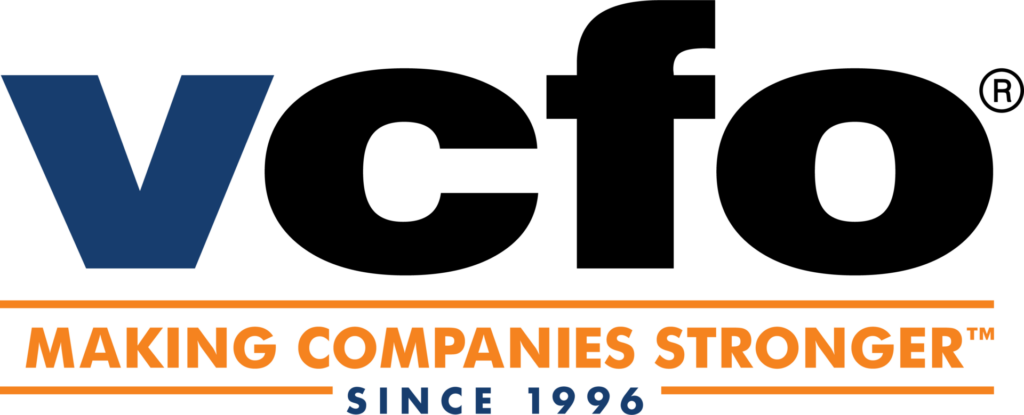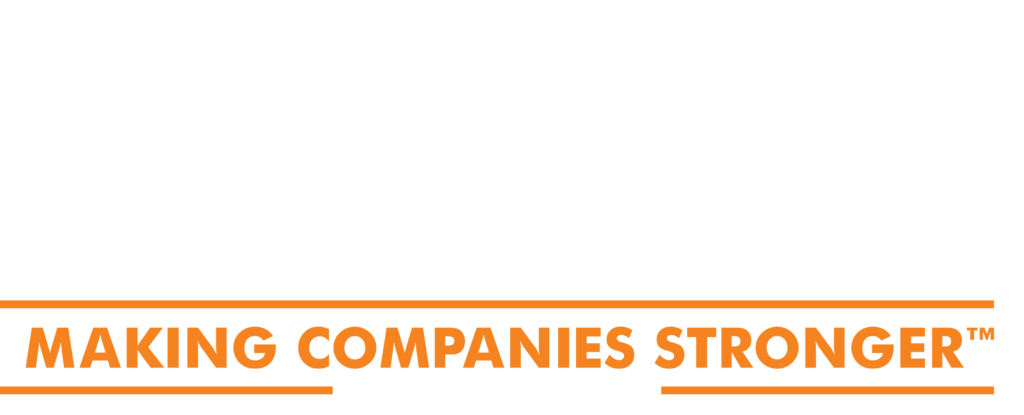The Importance of HR Involvement Early in M&A Evaluation
In each of the last ten years, between 18,000 and 25,000 mergers and acquisitions (M&A) deals have taken place in the United States. At the same time, Harvard Business Review notes that 70%-90% of all M&A deals fail. Many companies become a casualty of that latter statistic when they do not get HR sufficiently involved in the early evaluative phases of M&A activity and only engage HR at a surface level during due diligence or even after deal signature.
This happens because there’s a tendency for leaders assessing M&A deals to emphasize factors such as financials, market conditions, and competitive dynamics at the expense of other elements. In these instances, the people picture usually isn’t painted much beyond basic information, like the number of employees involved and where those employees are located. Here, we illustrate the role that HR should be playing throughout M&A evaluation.
Setting the Stage for Secure and Constructive Engagement
Throughout successful M&A deal processes, HR serves as a facilitative function. At the earliest points of interaction, this entails actions such as securing a Non-Disclosure Agreement (NDA) so that all evaluating parties can proceed with the confidence of confidentiality. This also often involves consultation with legal to ensure the NDA contains necessary protections. Discretion is paramount so that a deal isn’t derailed prematurely and rumors aren’t allowed to introduce unnecessary anxieties. HR also helps safely bring any needed third parties into the mix and assists with communication and meeting elements to keep evaluations on track.
Informing Progressive Levels of Evaluation Depth
A primary reason HR should be involved in M&A evaluation is to ensure their company’s evaluators have a thorough understanding of any risks, opportunities, and potential points of friction that are likely to arise in bringing the respective workforces together. The people elements and depth at which the HR professional will assess them change as the process progresses.
Early on, HR information gathering is in some ways akin to a first-pass medical test that first screens for the presence or absence of certain elements. This typically involves tasks such as compiling accurate employee counts, but also determining the volume and distribution of different types of employees. How many are FTEs, contractors, part-time, or seasonal employees? Are unions present? Are immigration issues a factor to any extent? Is there any presence of ongoing litigation or EEOC filings?
HR professionals collect, interpret, and apply answers to these and related questions to reveal which areas warrant deeper investigation, sharpen evaluators’ understanding of workforce factors, and inform the shape of due diligence assessments.
Diving Deeper During Due Diligence
During the due diligence phase, HR moves its assessment beyond the more descriptive workforce elements noted above. Here, deep examinations of talent pools and characteristics, company culture, benefits programs, compensation approaches, employment contracts, and related components take place.
To what extent are proper employee/employer policies in place? Are there HR gaps present that could open the company up to legal exposure? Is there a significant disparity between the company’s respective benefits programs that will need to be addressed? For example, if highly valued benefit components of the company being acquired were to go away upon acquisition, turnover could rise. A thorough review of org charts, payroll records, individual employee agreements, and similar variables happens here too.
Due diligence will also typically involve an HR introduction to select employees at the to-be-acquired-or-merged company. These interactions add deeper context to previous findings and can also unearth risks and other issues not previously identified. Listening intently and projecting empathy, patience, calmness, confidence, openness, and support are among the characteristics that HR needs to convey.
Supporting Success and Synergy
Just as answers to early evaluation questions and findings shape how HR approaches and supports the due diligence phase, information and answers acquired during due diligence inform what happens next. Information acquired by HR during the due diligence phase could move evaluators to conclude that anticipated and potential risks related to bringing these workforces together outweigh other potential benefits. If the deal does go through, leadership will be prepared and have HR’s continued support through transition.
If HR isn’t involved in the early phases of M&A deal evaluation, the likelihood of the deal being successful goes down. Understand the difference between M&A deal factors that will be difficult to defeat and suggest that you shouldn’t move forward and those that the organization can overcome with sufficient time, proper resources, and the right approach.
—
Are you considering or engaged in M&A activities? Do you need proven HR expertise that has successfully guided executives and organizations through all shapes, sizes, and stages of M&A deals? Request a Free Consultation with a vcfo expert who can help. We’ve partnered with more than 5,000 businesses in our 28 years and are ready to put our experience to work for you.


